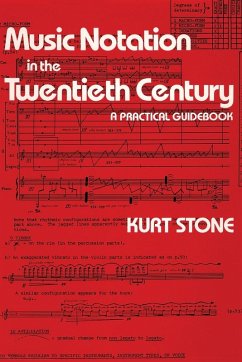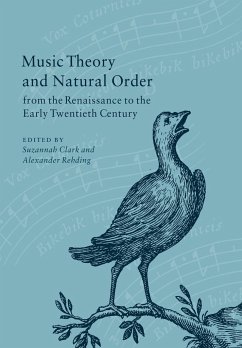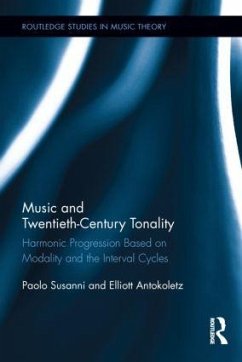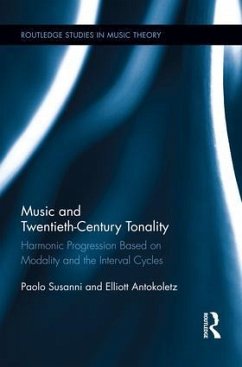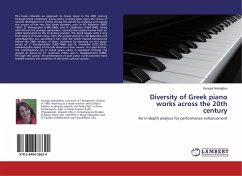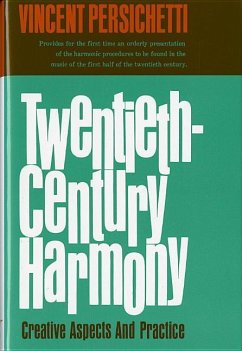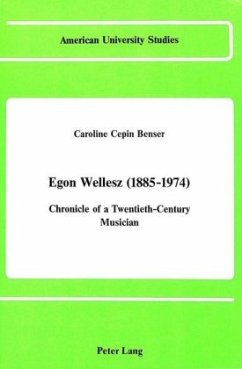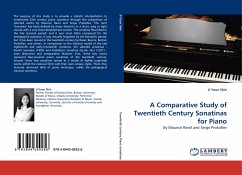
A Comparative Study of Twentieth Century Sonatinas for Piano
By Maurice Ravel and Serge Prokofiev
Versandkostenfrei!
Versandfertig in 6-10 Tagen
39,99 €
inkl. MwSt.

PAYBACK Punkte
20 °P sammeln!
The purpose of this study is to provide a stylistic interpretation to understand 20th century piano sonatinas through the comparison of selected works by Maurice Ravel and Serge Prokofiev. The term "Sonatina" has been defined by many theorists as a short, easy or light sonata with a very short development section. The sonatina flourished in the late classical period, and it was most often composed for the pedagogical purposes. It was virtually forgotten by the Romantic period, but it has been revived in the twentieth-century by Ravel, Busoni, Bartok, Prokofiev, and others. In comparison to the...
The purpose of this study is to provide a stylistic interpretation to understand 20th century piano sonatinas through the comparison of selected works by Maurice Ravel and Serge Prokofiev. The term "Sonatina" has been defined by many theorists as a short, easy or light sonata with a very short development section. The sonatina flourished in the late classical period, and it was most often composed for the pedagogical purposes. It was virtually forgotten by the Romantic period, but it has been revived in the twentieth-century by Ravel, Busoni, Bartok, Prokofiev, and others. In comparison to the classical model of the late eighteenth and early-nineteenth centuries, the selected sonatinas - Ravel's Sonatine (1905) and Prokofiev's Sonatina Op.54, No.l (1931) - have distinctive and comparative features. First, these two works represent Neo-classical piano sonatinas of the twentieth century. Second, these two sonatinas served as a model of tightly organized works within the classical form with their own unique styles. Third, they demand advanced skills of piano technique, unlike the pedagogical classical sonatinas.



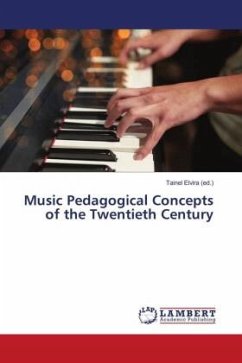
![Hermaia [microform]: a Study in Comparative Esthetics Cover Hermaia [microform]: a Study in Comparative Esthetics](https://bilder.buecher.de/produkte/65/65515/65515210n.jpg)
